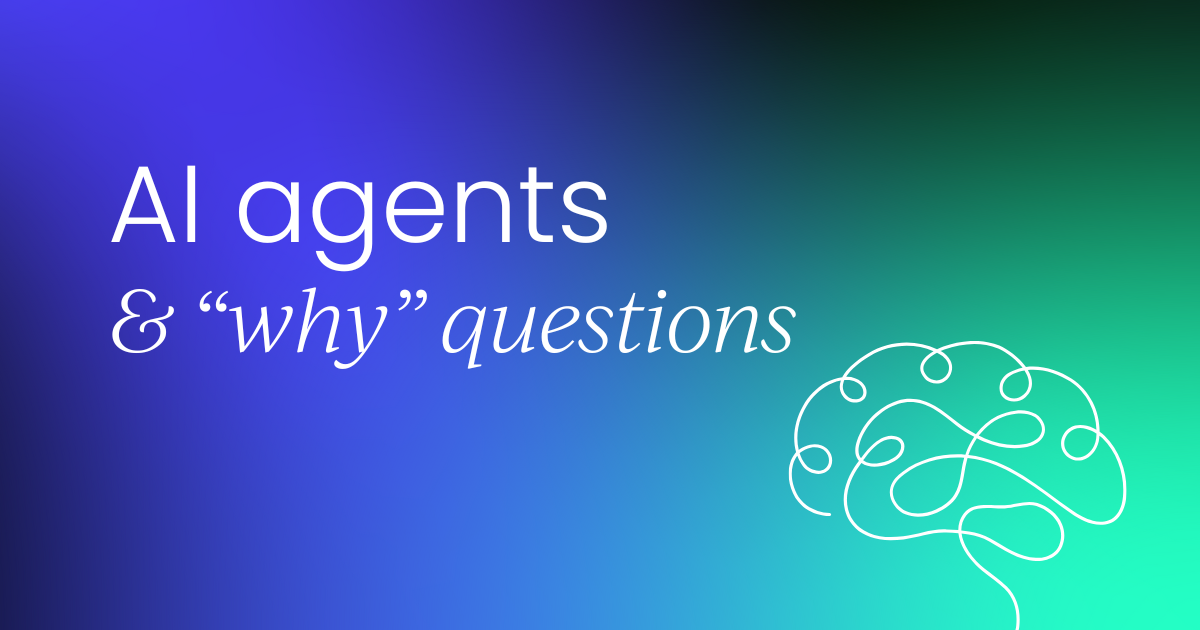HyperbolicRAG: Enhancing Retrieval-Augmented Generation with Hyperbolic Representations
PositiveArtificial Intelligence
- HyperbolicRAG has been introduced as an innovative retrieval framework that enhances retrieval-augmented generation (RAG) by integrating hyperbolic geometry. This approach aims to improve the representation of complex knowledge graphs, addressing limitations of traditional Euclidean embeddings that fail to capture hierarchical relationships effectively.
- The development of HyperbolicRAG is significant as it enhances the capabilities of large language models (LLMs) in accessing external knowledge, thereby reducing hallucinations and improving domain-specific expertise. This advancement could lead to more accurate and contextually relevant outputs in various applications.
- This innovation reflects a broader trend in AI research focusing on improving the efficiency and effectiveness of LLMs through advanced geometrical frameworks and context engineering. As the field evolves, the integration of diverse methodologies, such as conformal prediction and multimodal retrieval, continues to shape the future of AI, emphasizing the need for robust systems that can handle complex data interactions.
— via World Pulse Now AI Editorial System

